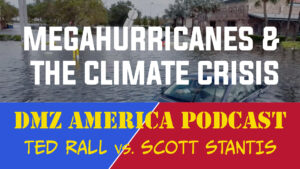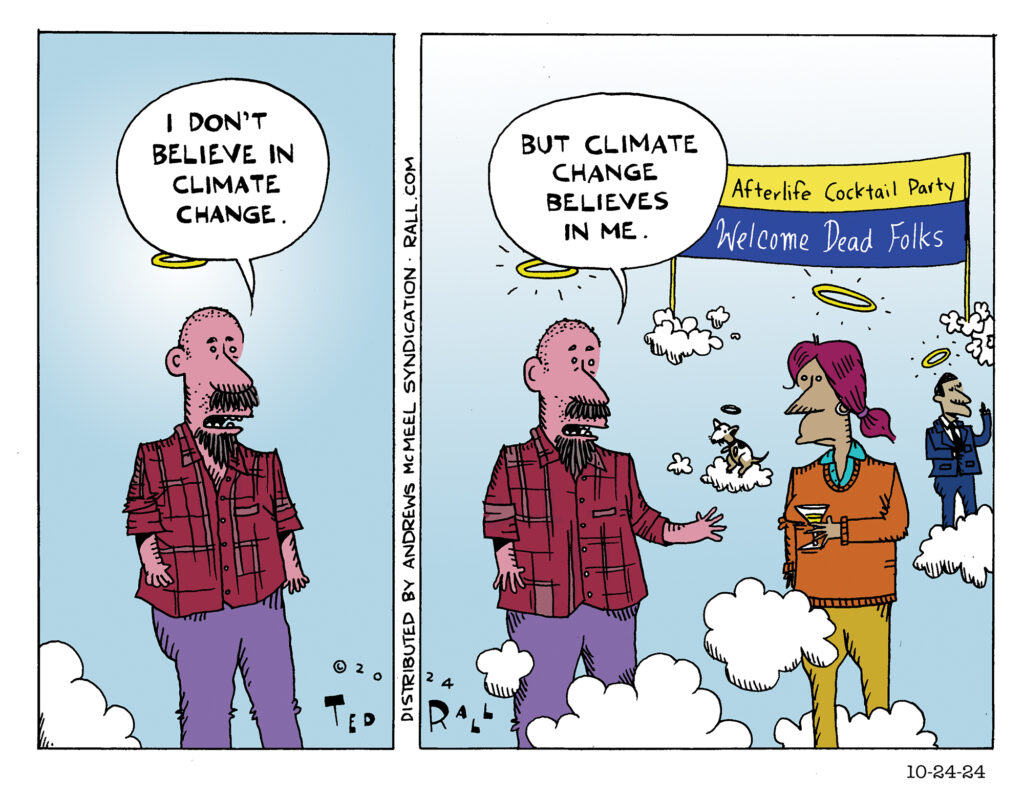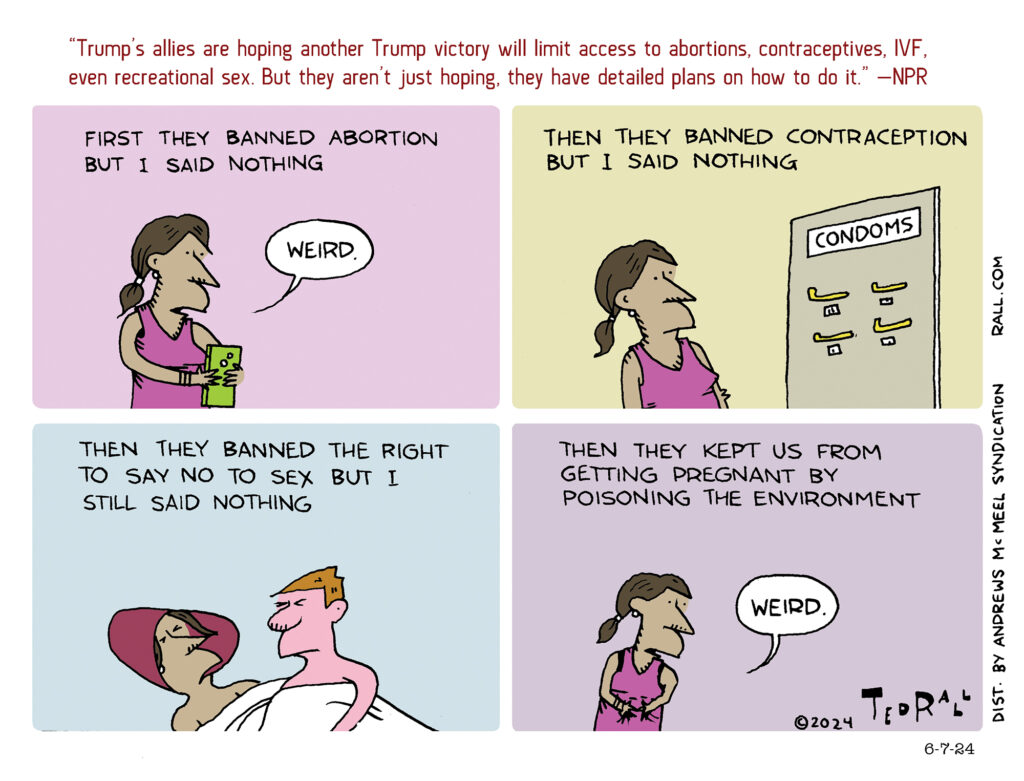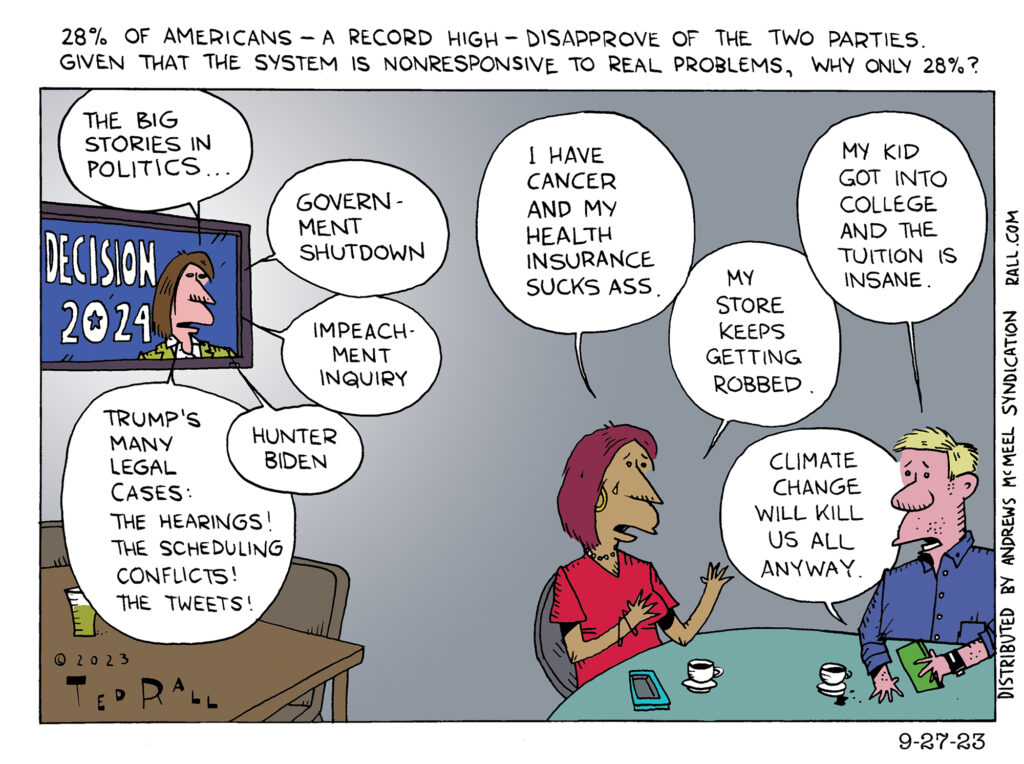LIVE 10 am Eastern & Streaming Afterward at Your Convenience:
In this episode of “The TMI Show,” hosts Ted Rall and Manila Chan welcome Dr. Reese Halter, a renowned conservation biologist, to mark Earth Day with a deep dive into the state of the global environment. Airing live at 10 AM Eastern and streaming 24/7 thereafter, the discussion confronts pressing ecological challenges drawn from recent developments. The trio examines the alarming surge in global temperatures, with 2024 confirmed as the hottest year on record, driven by relentless greenhouse gas emissions. They explore the intensifying climate crises—devastating wildfires in Canada, catastrophic flooding in Spain, and unprecedented coral bleaching events threatening marine ecosystems.
Dr. Halter brings insight into the accelerating loss of biodiversity, spotlighting the collapse of insect populations critical to pollination and food chains. The conversation also tackles the plastics crisis, with microplastics now pervasive in human tissues and remote Arctic ice, posing risks to health and ecosystems. Recent policy shifts, including rollbacks on U.S. environmental protections and debates over renewable energy subsidies, frame a heated discussion on political barriers to sustainability. The episode doesn’t shy away from solutions, delving into innovations like carbon capture technologies and rewilding initiatives, while questioning their scalability. With Ted and Manila’s incisive commentary and Dr. Halter’s expertise, the episode unpacks whether humanity can pivot toward a greener future or if entrenched interests will prevail. This urgent, no-holds-barred conversation challenges listeners to confront the planet’s precarious state and consider actionable steps forward.

 We face so many challenges that the task of choosing which ones to emphasize and which can be edited out for the sake of brevity is nearly impossible. So many injustices afflict our fellow human beings that, of those that make the shortlist to be attacked and redressed, determining an order of priority is best left unattempted even by, especially by, those with the best intentions. (Yet we must and we shall. This process is called “politics.”)
We face so many challenges that the task of choosing which ones to emphasize and which can be edited out for the sake of brevity is nearly impossible. So many injustices afflict our fellow human beings that, of those that make the shortlist to be attacked and redressed, determining an order of priority is best left unattempted even by, especially by, those with the best intentions. (Yet we must and we shall. This process is called “politics.”) In just two weeks, two huge Category 5 hurricanes slammed into Florida and North Carolina, killing hundreds of people and causing tens of billions of dollars in property damage. The new reality of climate change is that global warming is no longer in the future. It’s here now. The question is: what are we going to do to adjust in order to survive and mitigate the damage?
In just two weeks, two huge Category 5 hurricanes slammed into Florida and North Carolina, killing hundreds of people and causing tens of billions of dollars in property damage. The new reality of climate change is that global warming is no longer in the future. It’s here now. The question is: what are we going to do to adjust in order to survive and mitigate the damage?



